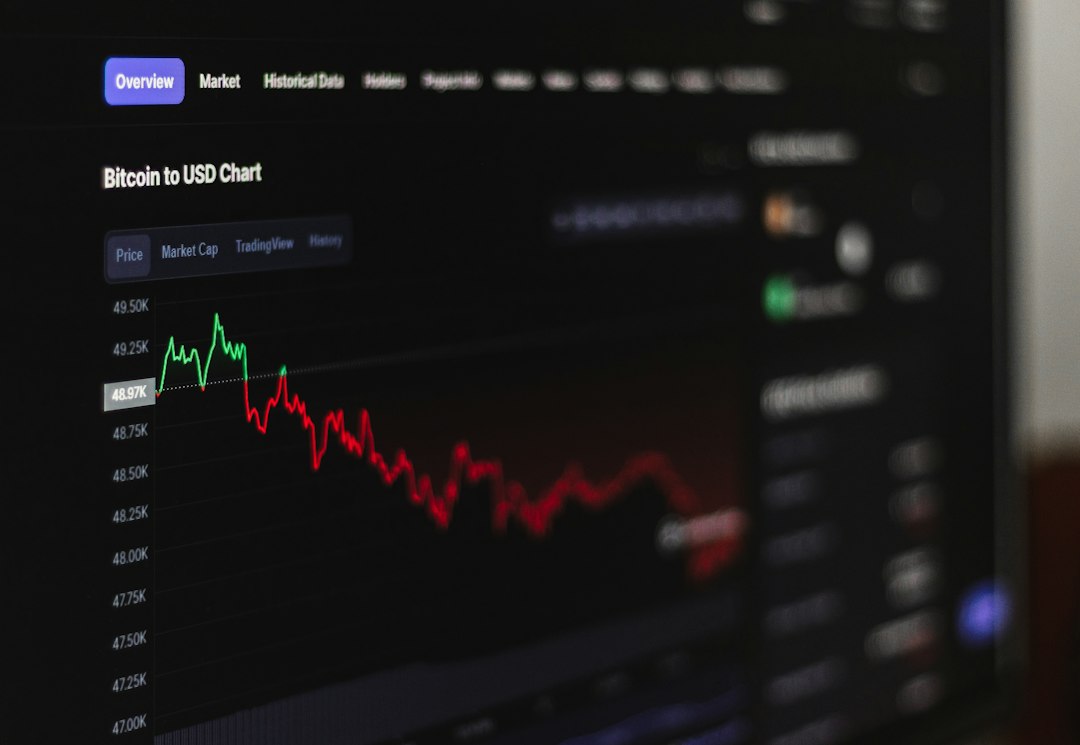US Regulator Takes Action Against DeFi Firms for Illegal Trading
The U.S. Commodities and Futures Trading Commission (CFTC) has recently cracked down on three decentralized finance (DeFi) firms for allegedly engaging in illegal trading of digital asset derivatives. The firms named by the CFTC are Opyn Inc., ZeroEx Inc., and Deridex Inc. According to the CFTC, these firms violated agency rules by allowing U.S. customers to trade digital asset derivatives without registering on their platforms. As a result, the CFTC has issued a cease and desist order to each firm and imposed civil penalties of $250,000, $200,000, and $100,000 respectively.
US Government’s Increasing Scrutiny of DeFi
The U.S. government is intensifying its examination of decentralized finance (DeFi) platforms. These platforms enable users to trade, borrow, and lend digital assets without intermediaries. Government agencies have recently introduced regulations and enforcement actions to demonstrate increased oversight of DeFi participants. CFTC enforcement director Ian McGinley highlighted that DeFi operators wrongly believe that smart contracts can make unlawful transactions lawful.
CFTC’s Success Against DeFi Fraud
Recently, the CFTC achieved a victory against a decentralized autonomous organization called Ooki DAO, which was operating an illegal trading platform and violating agency rules. A federal judge ordered the DAO to shut down and pay a penalty of over $600,000. However, not all members of the CFTC support the agency’s decision. Republican Commissioner Summer Mersinger suggests that the CFTC should focus on providing clear rules for DeFi instead of relying solely on enforcement actions.
Hot Take
The U.S. CFTC’s crackdown on DeFi firms signals the government’s increasing efforts to regulate the evolving crypto space. This enforcement action serves as a reminder that operating within the boundaries of the law is crucial in the digital asset industry. Both DeFi operators and regulators need to work towards establishing clear rules and engaging with the public to promote transparency and compliance.





 By
By
 By
By

 By
By
